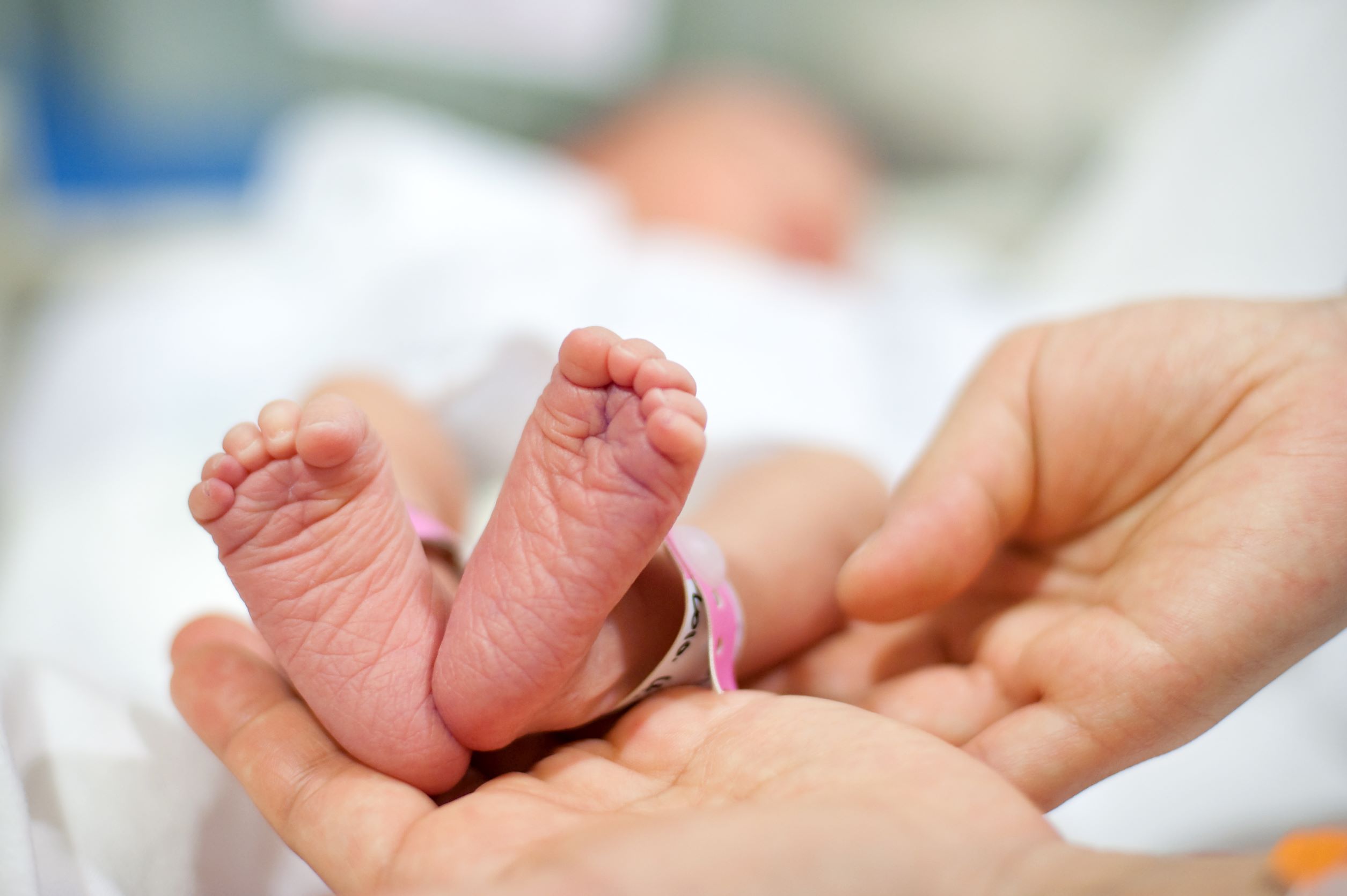
Baby born with 'twin' fetus inside her stomach
This rare condition is known as "fetus in fetu."

A baby in Israel was born with her own "twin" inside her stomach — a rare phenomenon known as "fetus in fetu," according to news reports.
Doctors first realized there might be a problem when they performed a late-pregnancy ultrasound on the baby's mother and saw that the baby's stomach was enlarged, according to The Times of Israel.
So when the baby was born, doctors performed a number of tests, including ultrasounds and X-rays, and spotted a partially developed fetus inside the baby's abdomen, The Times of Israel reported. Doctors performed an operation to remove the fetus.
Related: Seeing double: 8 fascinating facts about twins
The term "fetus in fetu," which literally means "fetus within fetus," is generally defined as a condition in which a developmentally abnormal fetus is found inside the body of its otherwise healthy twin, Live Science previously reported. The condition is extremely rare, occurring in about 1 in 500,000 births, according to a 2010 report on the phenomenon, published in the Journal of Surgical Technique and Case Report.
It is not exactly clear what causes fetus in fetu, but scientists think the fetus is a a rare type of "parasitic twin," according to Arizona State University. Such parasitic twins form when, during an identical-twin pregnancy, one of the fetuses is absorbed by the other early in pregnancy.
"It happens as part of the fetal development process when there are cavities that close during development and one of the embryos enters such a space," Dr. Omer Globus, director of neonatology at Assuta Medical Center in Ashdod, Israel, where the baby was born, told The Times of Israel. "The fetus inside partially develops but does not live and remains there."
Sign up for the Live Science daily newsletter now
Get the world’s most fascinating discoveries delivered straight to your inbox.
Another theory is that fetus in fetu is a kind of teratoma, a type of tumor that can contain all three of the major cell types that are found in an early-stage human embryo, Live Science previously reported. Some researchers say that the presence of a spinal column distinguishes a diagnosis of fetus in fetu from a teratoma, with the latter lacking a spinal column, according to the 2010 paper.
The baby is recovering well from her operation and is now at home with her mother, The Times of Israel reported.
Originally published on Live Science.

Rachael is a Live Science contributor, and was a former channel editor and senior writer for Live Science between 2010 and 2022. She has a master's degree in journalism from New York University's Science, Health and Environmental Reporting Program. She also holds a B.S. in molecular biology and an M.S. in biology from the University of California, San Diego. Her work has appeared in Scienceline, The Washington Post and Scientific American.
Man gets sperm-making stem cell transplant in first-of-its-kind procedure
'Love hormone' oxytocin can pause pregnancy, animal study finds









